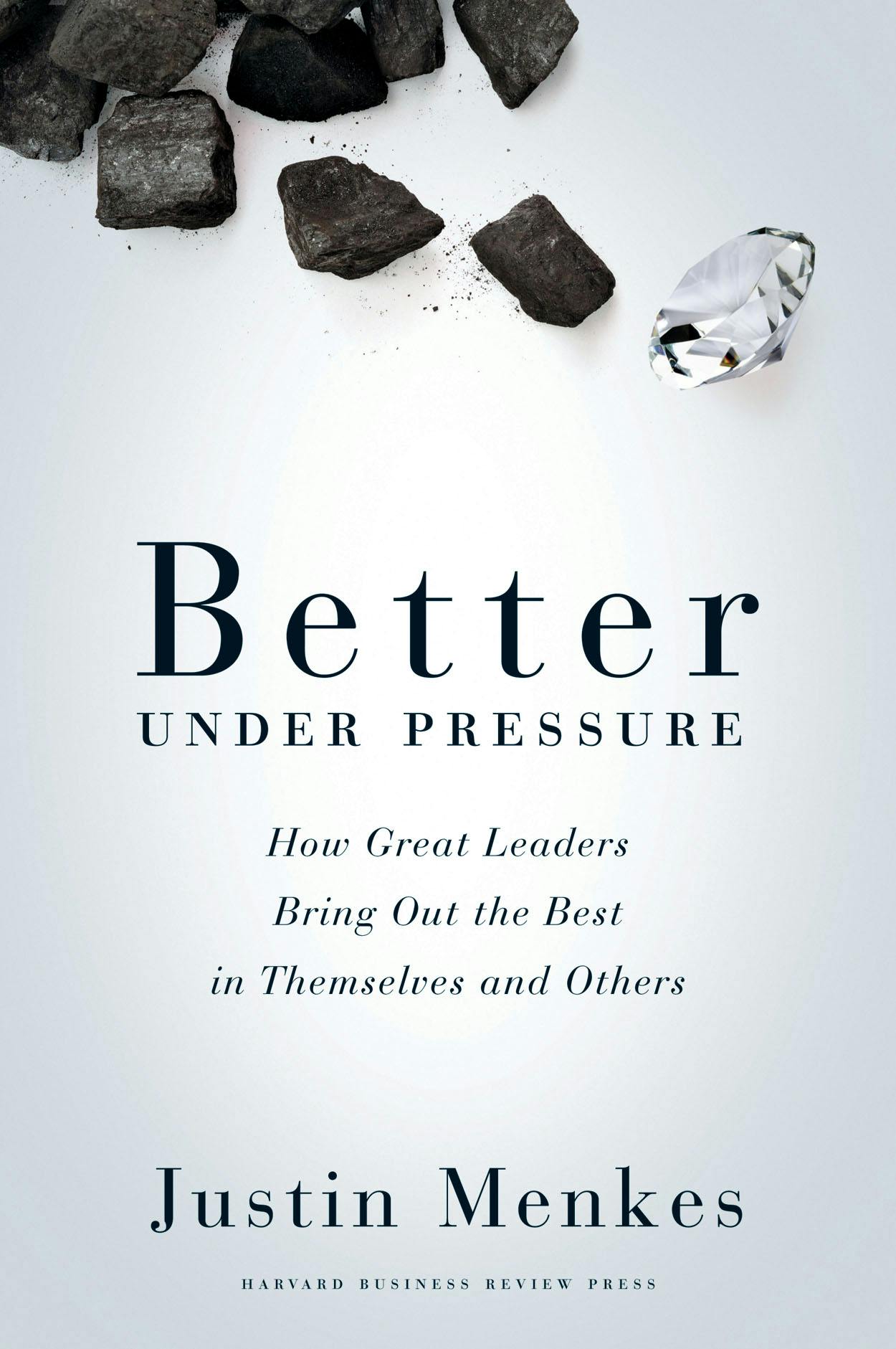By Justin Menkes
Leaders who exhibit humility in particular have developed a heightened sensitivity to the feelings of others.
Great leaders are very good at understanding the complex needs of their people and how to facilitate a context that can engage others’ utmost effort. But in order to do this well, they themselves must be acutely sensitive.
Sensitivity is an often misused and poorly understood concept. In business, it is generally talked about to describe a weak mind-set, one that responds to workplace conflict with neurotic agitation. The term sensitive is often a pejorative, suggesting that a person is neurotically worried about what other people think of him or her.
Sensitivity: a critical asset in leadership
But it is well established that human beings with brilliant achievements tend to have significantly heightened sensitivities in all of their perceptions, including even their sense of taste or smell. High sensitivity refers to heightened radar, a more acute, broader spectrum of awareness of what is actually happening.
When such an attribute is paired with an individual who is insecure about himself or herself, it can cause deep neuroses. But if a highly sensitive person also happens to be secure about his or her own strengths and imperfections, a heightened awareness of feedback from the environment becomes a critical asset.
Sensitivity, then, is a critical asset in leadership. Indeed, aspiring leaders must be sensitive if they wish to engage their workforce in a way that realizes their maximal potential.
Great leaders are highly sensitive in that they are acutely aware of the reactions of their people, the rhythms of the workplace, and the subtle, often unsaid shifts in the attitudes of their customers. Heightened awareness is not selective — it exposes leaders to a wide spectrum of data that can include stinging feedback.
Of course, leaders already are the target of an extraordinary amount of criticism, some of it public. They can’t simply turn off their minds to the noise, and because great leaders have a heightened awareness of what is happening around them, they are exposed to ongoing, potentially disruptive feedback.
Real leaders bring realness and authenticity
This is why, when talking about themselves, the leaders I interviewed seemed so comfortable in their own skin. Anyone meeting them gets an immediate experience of their realness and authenticity. But what you are actually experiencing is the leaders’ unusual facility for openly relating to their environment without fear of threat to their own sense of well-being.
I observed this quality in Miles White, CEO of the life sciences company Abbott. I asked him how he manages the emotional swings anyone has to bear as a CEO.
“You can say all you want that a CEO has to have thick skin,” White said. “It’s the last thing any good CEO has. If you’re the right kind of servant leader, you have to have thin skin. If you’re completely oblivious, the ‘I’ve arrived, imperial monarch,’ well, you probably don’t have thin skin. You’re so clueless that you’re going to be dead meat before you know it. The best CEOs that I’ve seen are very sensitive. They’re sensitive about their performance and about their people. All of my top people are high achievers, and they are all highly sensitive.”
What defines both the impervious optimist and the master of engaging a workforce to realize potential in a world of ongoing duress is their sensitivity to feedback and how they interpret it.
A delicate balance to achieve
Impervious optimists have a narrow sensitivity to the world around them. They can ingest only positive interpretations of events or risk imploding from negative feedback. Great leaders like White have developed enough comfort within themselves, their own traits and vulnerabilities, to absorb negative information without collapsing, and they consider the criticism a meaningful window into how they can better themselves or more effectively reach their goals.
Learning about yourself is always gratifying, no matter what stage of life you are in or what professional success you have had. CEOs are no different — they love learning because of the gratification it brings.
Realizing potential creates a cycle of self-improvement, in which you develop an ever-increasing sense of your own capabilities and an increasing thirst to improve upon them. Your acute awareness of actual circumstances becomes a critical step in realizing your and others’ potential.
Being acutely aware of both your strengths and your weaknesses is a delicate balance to achieve — and to model to your people. It’s not enough just to be aware of what’s going on around you; you also need to demonstrate this awareness for your people, so that they too are encouraged and inspired to have the same understanding of the world.
How do great leaders achieve such a balance? By showing their humanity.
Excerpted from Better Under Pressure: How Great Leaders Bring Out the Best in Themselves and Others, by Justin Menkes. Reprinted by permission of Harvard Business Review Press. Copyright 2011 Justin Menkes. All rights reserved.
